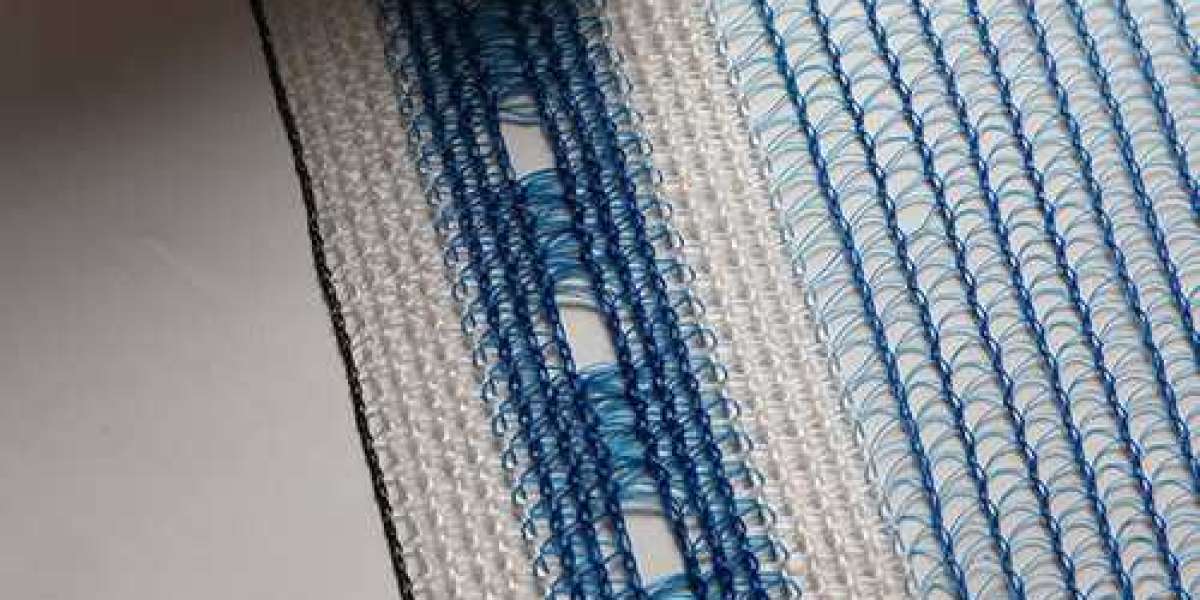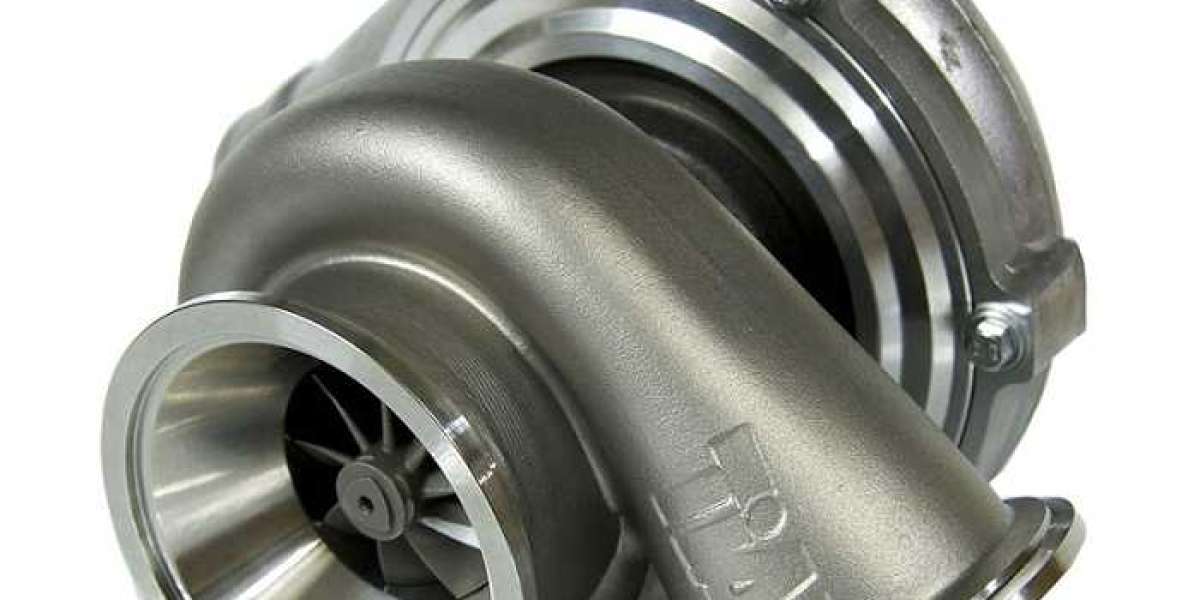In the world of agriculture, protecting crops from adverse weather conditions is essential for ensuring a successful harvest. One of the most unpredictable and damaging weather events is hail, which can devastate entire crops in a matter of minutes. To mitigate this risk, farmers have turned to solutions like Agriculture Anti Hail Net, which provide effective protection for crops, particularly in regions prone to severe weather.
What is an Agriculture Anti Hail Net?
An Agriculture Anti Hail Net is a protective netting designed to shield crops from the damaging effects of hail. Typically made from high-density polyethylene (HDPE) monofilament, these nets are UV-stabilized and resistant to wear from prolonged sun exposure. The key feature of these nets is their ability to absorb and deflect the impact of hailstones, reducing the risk of crop damage.
These nets come in various sizes and configurations, depending on the specific needs of the farm. The high-density material and UV-resistant properties ensure that the netting lasts for several seasons, providing reliable protection year after year.
Why Use Anti Hail Nets in Agriculture?
Hailstorms can cause severe damage to crops, particularly in fruit orchards and vineyards. The damage from hail can lead to direct fruit loss, reduced quality, and even the total loss of a crop. Using an Agriculture Anti Hail Net is a cost-effective way to minimize these risks. Here are some reasons why more farmers are turning to anti-hail nets:
Protection Against Hail Damage
The primary function of the anti-hail net is to protect crops from hailstones. The high-density polyethylene monofilament material of these nets is woven tightly enough to absorb the impact of hail, reducing the severity of the damage. This is especially important for delicate crops like grapes, apples, and cherries, which can be easily damaged by hail.Protection from Bird Attacks
In addition to protecting crops from hail, many anti-hail nets also offer protection against bird attacks. Birds, such as crows or starlings, can cause significant damage to fruit crops, and the woven structure of the anti-hail net acts as a barrier to prevent access. This dual-purpose protection can save both time and money for farmers.Durability and Strength
Anti-hail nets are designed to withstand harsh weather conditions. The use of high-density polyethylene makes these nets strong yet flexible. Additionally, they are reinforced with added wires along the sides and center area of the mesh to improve durability. This added reinforcement ensures that the netting stays secure during storms and wind, preventing any gaps that could allow hail to pass through.UV Stabilization
UV radiation can degrade the material of many types of netting over time, but anti-hail nets are UV-stabilized to maintain their strength and functionality over multiple growing seasons. This UV protection also prevents the net from breaking down when exposed to the sun for extended periods, ensuring long-term use without significant wear.Easy Installation and Maintenance
Installing anti-hail nets is relatively simple, as they are designed to be easily fixed over crops or orchards. The nets are typically lightweight and come in a range of sizes, making it easier to cover large areas. After installation, the maintenance required is minimal—just periodic inspections to ensure the netting remains intact and securely fastened.
Types of Agriculture Anti Hail Nets
There are several variations of anti-hail nets available, each suited for different farming applications:
Black Side Anti-Hail Net
The Black Side Anti-Hail Net is one of the more common types of anti-hail nets. Its dark color helps absorb more heat, which can be beneficial in certain climates to maintain optimal temperatures for crops. This netting is ideal for areas that experience moderate to severe hailstorms.Blue Side Anti-Hail Net
The Blue Side Anti-Hail Net is another option that provides the same level of protection as the black variant, with the added benefit of its reflective blue color. This feature can help reduce the amount of sunlight hitting crops, which is particularly useful for sensitive crops that require protection from excessive heat.AH-01 Anti-Hail Net
The AH-01 Anti-Hail Net is a specialized product designed for high-impact hail protection. This model is suitable for areas with frequent and heavy hailstorms, providing additional strength to prevent damage.
The Long-Term Benefits of Using Anti Hail Nets
Investing in Agriculture Anti Hail Nets offers several long-term advantages:
Improved Crop Yield: By protecting crops from hail and other weather-related damage, farmers can maintain a higher yield and better-quality harvests. This results in a higher return on investment over time.
Reduced Losses: In regions prone to hail, using anti-hail nets can significantly reduce the risk of crop loss. Even a single severe hailstorm can destroy a year’s worth of crops, so the cost of the netting is an investment in long-term protection.
Minimal Maintenance Costs: With proper installation, anti-hail nets require very little maintenance. Their durability and resistance to UV rays mean that they can last for many years without needing frequent replacements.








